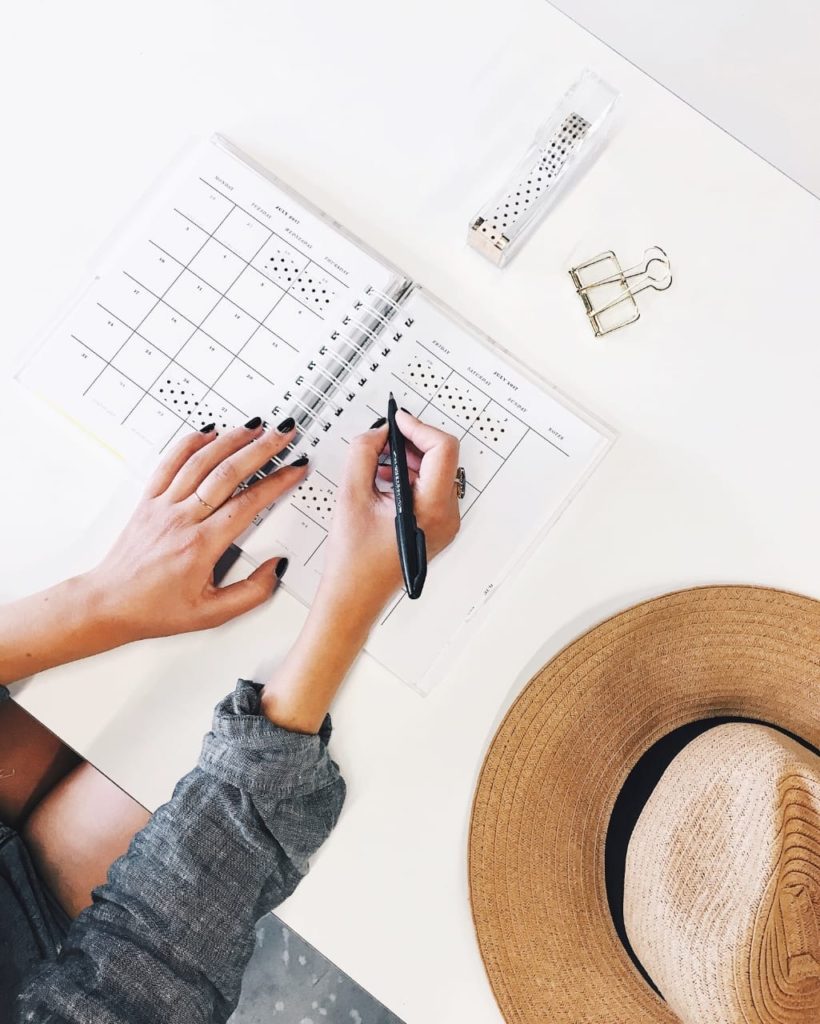
So, stress is a problem. I guess we didn’t know that one already. If you have been following me for a while you know that I think not having stress in your life is a bigger problem. Well, I guess you didn’t have time to know that about me since this blog is fairly new, but whatever. I am Sam, and I think stress is mandatory for your mental health, it’s a pleasure to make your acquaintance. So now that we clear that out of the way, let’s focus on the actual topic of today.
According to APA (https://www.apa.org/monitor/2011/01/stressed-america) most Americans are reporting suffering from mild to high stress. The statistics also show that almost half of those people report an increase in their stress in the last five years.
Among the physical symptoms we can find the mighty top 3: The lovely irritability or anger, the beautiful fatigue, and the fantastic lack of interest, motivation or energy.
So here is the deal, if you are planning to make a life stress free, say bye-bye to this blog now, but if you want to have a better life, one in which stress ain’t killing you, then stay a while. You need stress, but if you want to have a relationship with stress, one that is sexy and makes you feel butterflies in your duodenum hear me out: Like every other relationship it’s a power struggle, you gotta show stress some love but you can’t be totally submissive.
With the latter in mind, I came up with a plan, and I am kinda proud of it, I actually taught that plan in one of my stress courses this year (wing, wing). As a therapist and a person with a chronic illness, I have noticed where the relationship with the stress starts to go south, and things started to get better when I made these simple changes.
Simple as they are, please indulge me with a couple of paragraphs explaining the logic that tides all this together. Besides, nobody died from reading. If they did, they have probably had it coming.
My strategy has 2 big steps and within those two we have two baby steps, hence “the 4 self-care musts”. Grab a pencil and a notebook and let’s do this.

My strategy has 2 big steps and within those two we have two baby steps, hence “the 4 self-care musts”. Grab a pencil and a notebook and let’s do this.
The first step is for you to get clear on the problem. Here is the deal, most people don’t know what stress looks like in their lives. They just copy and paste what they think they should be stressed out about. So, the first step is called compassion. I named it like that, because too often the things that stress you might not seem very stressful, so you judge yourself for feeling bad about those things. Don’t let the name confuse you, this very first step is the equivalent of the exploration step for a business. This is the part where you gather the Intel about the problem. You see, most people have good intentions about how to deal with their stress, they will make plans that include a lot of good things, brilliant things actually, but most people will also fail.
When a company wants to launch a product, they make sure they have researched their audience to see if they actually have a public for it. They won’t invest tons of money in a random product that they don’t know anything about. They do their homework and so should you. How in the fuck are you planning to cycle like you are some professional in the Tour of France if you don’t even like cycling and you actually love your work so you are not going to be willing to sacrifice hours away from your career to go training like a pro? Before you start demanding x behavior out of yourself like a soldier, you need to do some reckoning. Find out what is it about your life that is actually giving you problems. For example: you could be a very athletic person already, so you are aware of how beneficial exercising is for your mental health and yet you feel stressed out, so you might come to the conclusion that if only you could train like you did in your college years, when you actually competed at a national level, then that would be the solution to your stress problem. Meanwhile every time you go out with your friends you feel drained and tired. You must dig deeper and ground your strategies to the real causes that are specific to you.
You might be a person that needs to spend a bit more time in solitude. You might be someone who spends most of their time with people and you don’t really have the time to do the important stuff like watching that stupid show you love so much, playing that video game that won’t let you get past that stage (whatever that means), or even actually doing the self-development stuff that you wanted to practice for so long (like never).
The point is that you need to recognize your pain points otherwise your idea of becoming the next Buddha might be pointless, because surprise, surprise, you are just an asshole with a golden heart who just needed a bit more video game time.
Did you get step 1? Good. Now, let’s move on to the second and last one. This is called the discipline step. Now that you have gathered the right Intel it’s time to get responsible. You couldn’t do that before, because it just wouldn’t be sustainable.
I said before that there were 4 steps and that’s actually because we will divide this last step into two, so technically there are three steps, it just feels more organize this way.

In your discipline step which could be the strategy implementation phase if you were a company, you are going to write down simple steps to prevent and asses your bad stress. Last step is then divided into a. prevention and b. assessment/reaction
Your prevention step is all about preventing what triggers your stress flairs. To follow up with the example I talked about in the previous paragraphs, one of the prevention steps for this person would be: 1. Make time to be alone doing shit they like and enjoy, and truly be BY THEMSELVES 2. This person needs to say no, it’s not like they can’t go out with their friends, but for them we noticed that the problem was that they felt they weren’t in control of their private time. So, every time a person invites them to go out and they would rather stay home, they need to say no and just fucking enjoy it. No regrets.
Of course, there ought to be more prevention steps, but for illustrations’ points, we are showing just this example.
Now, for the assessment and reaction step. Every now and then you will not be able to prevent stress. I told you it was part of life and an important one. When stress accumulates or you just simply had a good fucking productive stressful day you need to release the pressure somehow.
This is the step for it. Now, there are a lot of good fun stuff you can do that will make you get your mind off the duties you have, but for this step, we are going to try to focus on the things that don’t have secondary effects. You now, I am a big fan of people celebrating a good day with drinks and friends and even a good lap dance, I just think that those should stay minimal and other less potentially addictive strategies should lead the way.
Going for a run, or a social activity like sports could help you with that. Meditating and practicing yoga as well. Journaling, I am aware that this might not be everybody’s cup of tea, but man, you ought to try it, at least for the sake of you pretending to be Fiodor Dostiovesky.
Incorporating these things on a daily basis also, fun enough, makes them part of the prevention step simultaneously. So, you see, you got yourself a perfect Little vicious healthy cycle. Wait, that doesn’t sound right?
Hope you have learned one or two things (4 to be exact). Seriously, implement them and later tell me, what was the oddest thing you found out in your compassion step?

